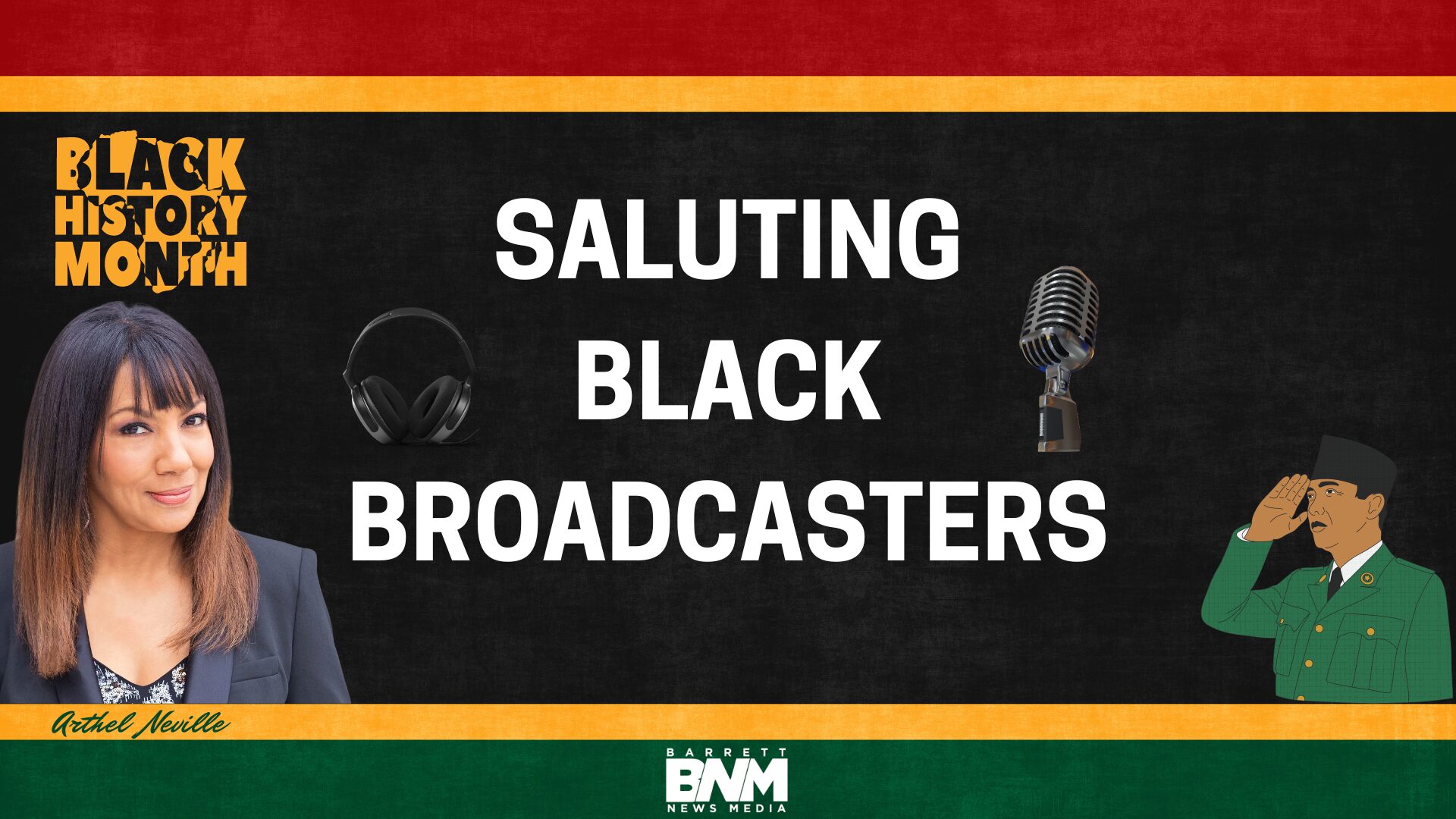When I was a radio program director in the 1970s and 80s personally responding to job applicants was an important part of every work day. Nobody told me to do it, it was just obvious. Replying to letters from people who mailed me their personal introductions, resumes, and airchecks was as important to me as if they had made an appointment and were seated in my office, freshly scrubbed, smiling with hope, and making their best first impression.
Every afternoon I read their letters and resumes. I listened attentively to their carefully packaged tapes as if mining for a rare gem, which I was. I wrote encouraging letters to them whether I had a possible job for them or not. I took unexpected phone calls from job applicants.
Why wouldn’t I? These were passionate broadcasters offering their unique, hard-earned experience. They respected our station and were excited for an opportunity to join us. Besides, I’d been in their position myself and would be again. These hopeful young talents deserved my attention. To me, as a program manager, it was my primary responsibility.
None of this happens anymore. Radio job seekers today have to run a gauntlet of dehumanizing corporate job websites. When you’ve filled in all the blanks and linked the resume you spent hours perfecting you hold your breath and click “submit”. You did it! The website immediately gives you the impersonal assurance that your application has been received. You wonder if that’s true. You may never really know.
Bob Helbig is the media partnerships director at Energage, a Philadelphia-based employee survey firm. He recently found that while 60% of employers surveyed said they felt they regularly communicated with applicants, only 28% of job seekers said they felt the communication was sufficient.
Corporate policies are cold and rigid. I recently talked with a major market talk radio program director who asked to remain anonymous, which in itself tells the tale. He told me he’s not even allowed to take word-of-mouth recommendations for new hires. Email and phone inquiries are out of the question. When somebody tells him, “Hey, I know a great reporter you should talk to,” all he can reply is, “Please tell them to apply online.” The most he can do is file a name in his memory and hope it pops up in the HR-approved list of candidates.
Back in the day, I would have phoned that reporter and invited him or her to come in and talk.
As a job applicant, you know you face strong competition. All the career websites offer volumes of advice about how to prepare a strong resume to stand out from the crowd. You’ve done that. You plug it into the web portal, hoping to make an impression. You count the days since you submitted your application and check your email many times daily hoping for an encouraging reply from a real human, maybe even from the big-name program director who holds the key to your future.
Patience. You have to wait still longer.
After a few days, you wonder if a real person has even seen your application or if the algorithm is just weeding people out. Yes, indeed it is.
Artificial Intelligence now entering the process might speed things up a bit but it won’t help your need for human contact. God forbid AI takes over the screening process entirely but you can’t rule that out.
Nobody writes or calls even to say, “Thanks for your interest, we’ll get back to you.” You’re left to wonder if your love of radio, your hard work, and your beautifully written pitch even landed before a real person’s eyes.
The worst part is knowing that hearing nothing is nothing personal.
Jeff Altman is a career coach and host of the No BS Job Search Advice Radio podcast. He told Forbes, “The hiring process has been turned into sausage-making. People apply for jobs through an applicant tracking system where they are expected to homogenize their experience so they are plucked from the thousands of others. They are asked the same questions by most employers until, eventually, they are chosen and onboarded.”
How did we get to this complex and impersonal process? Laws, of course. Federal and state mandates to prevent any form of discrimination in hiring practices are good things but they don’t allow for human integrity and discretion. They’re ironclad. The difficulty for HR departments lies in making sure that the rules are followed to the letter by management employees who are not lawyers. The list of federal regulations alone is long and daunting.
“For instance, you can’t ask questions that reveal a person’s race, gender, religion, marital status, disabilities, ethnic background, country of origin, or age on an application or during an interview. This information could lead to biases and discrimination in the hiring process.”
Those restrictions are fairly obvious these days but they’re just the tip of a large iceberg, most of which is hidden below the surface and beyond the limits of what program directors, news directors, sales, and other radio managers are expected to know. So, yes, the software is asking only legally acceptable questions before any live interviews can take place.
I really hate being the “back in my day” old fart but my god, is there no way we can allow a young person to walk into a radio station with stars in her or his eyes, and talk to somebody about their future?
Must we expect job applicants of the 21st Century to understand that’s just the way things are or could the process be massaged a bit to keep them hopeful and feeling less like a piece of uninspected data?
Would it be so hard to send job applicants a pleasant and somewhat personal email along the lines of: “Hi, Mark. I’m in the H.R. Department at BigTime Media and I want to thank you for your application for our on-air opening at News/Talk 95.3 WTF. I will call or text you when your qualifications have been reviewed and let you know whether you can expect a follow-up live interview with somebody at the station. If you have any questions please don’t hesitate to ask. – Sincerely, Mary Sunbeam, BigTime Media”.
Sure, it’s another form letter but at least it addresses the applicant by name, refers to the specific station, and gives them a sense of humanity and hope for future contact. Assigning applicants to a real-life personal H.R. staff member like Mary Sunbeam might require a little more effort but it would be an enormous boost to the company’s reputation.
There might be other ways to go about it. The point is people need to feel their applications are worthwhile and accepted with some degree of sincere gratitude.
The ugly irony is we’re in radio, yet we talk to people, not with them.










